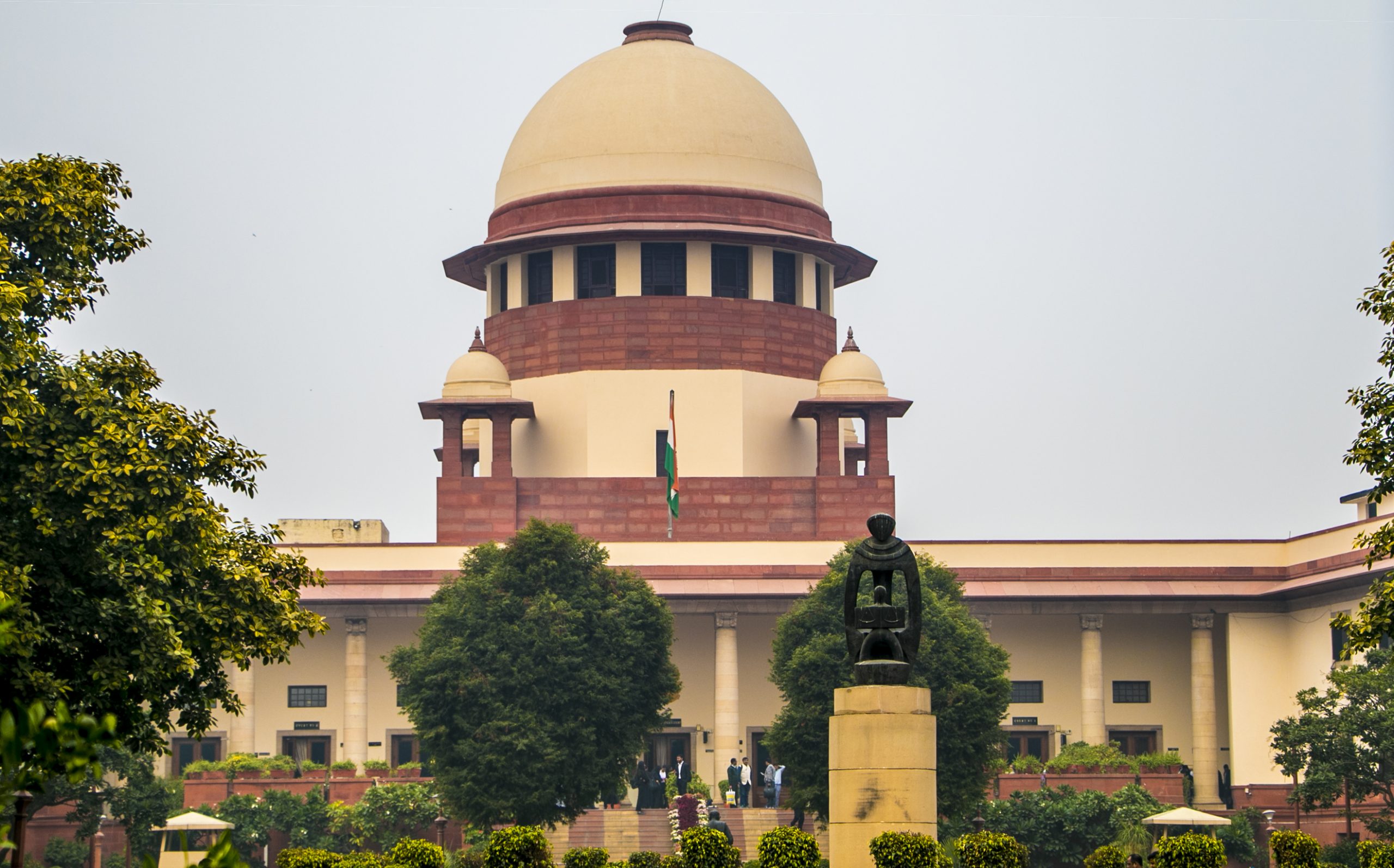News Highlights
The recommendations of the GST Council are not binding on either the Union government or the states, the Supreme Court ruled , rejecting the Centre’s argument that the entire structure of GST would crumble if the Council’s mandates are not treated as enforceable.
Route of the Case
- The Gujarat High Court had in 2017 quashed a government notification that provided for 5 percent IGST to be imposed on services of transport of goods in a vessel.
- Batch of appeals including that of Centre against the judgement was filed in Supreme Court
- The Supreme Court dismissed the plea by the revenue authorities and upheld the decision of the Gujarat High Court and held that GST on ocean freight in case of import of goods is unconstitutional.
Key findings of the Supreme Court in this Case
- Upholding Fiscal federalism
- The bench said that one of the important features of Indian federalism is ‘fiscal federalism’
- The Supreme Court said that Parliament and state legislatures possess simultaneous power to legislate on GST and the recommendations of the council are the product of a collaborative dialogue involving the Union and states.
- Foster Federalism and Democracy
- GST Council is not merely a constitutional body restricted to the indirect tax system in India but is also an important focal point to foster federalism and democracy
- Nature of Recommendations of the GST Council
- It said that the recommendations of the GST Council are not binding on the Union and States for the reasons that the “deletion of Article 279B and the inclusion of Article 279(1) by the Constitution Amendment Act 2016 indicates that the Parliament intended for the recommendations of the GST Council to only have a persuasive value
- It said that the government while exercising its rule-making power under the provisions of the CGST Act and IGST Act is bound by the recommendations of the GST Council.
- “However, that does not mean that all the recommendations of the GST Council made by virtue of the power Article 279A (4) are binding on the legislature’s power to enact primary legislations”
GST Council
- Goods and Services Tax Council (GST Council) is a constitutional body for making recommendations to the Union and State Government on issues related to Goods and Service Tax.
- Background of GST Council
- The 101st Amendment Act of 2016 paved the way for the introduction of a new tax regime, goods and services tax – GST in the country.
- As per Article 279A (1) of the amended Constitution, the GST Council has to be constituted by the President within 60 days of the commencement of Article 279A.
- The notification for bringing into force Article 279A with effect from 12th September, 2016 was issued on 10th September, 2016.
- As per Article 279A of the amended Constitution, the GST Council which will be a joint forum of the Centre and the States, shall consist of the following members: –
- Union Finance Minister: Chairperson
- The Union Minister of State, in-charge of Revenue of finance – Member
- The Minister In-charge of finance or taxation or any other Minister nominated by each State Government – Members
- As per Article 279A (4), the Council will make recommendations to the Union and the States on important issues related to
- the goods and services that may be subjected or exempted from GST
- model GST Laws
- principles that govern Place of Supply
- threshold limits
- GST rates including the floor rates with bands
- special rates for raising additional resources during natural calamities/disasters
- special provisions for certain States, etc.
- Quorum and Decision making
- For a valid meeting of the members of the GST Council, at least 50 per cent of the total number of members should be present at the meeting.
- Every Decision made during the meeting should be supported by at least 75 per cent majority of the weighted votes of the members who are present and voting at the meeting. In “article 279A” a principle is there which divides the total weighted vote cast between Central Government and State Government:-
- The vote of the Central Government shall have the weight of one-third of the total votes
- The votes of the State Government shall have the weight of two-third of the total votes, cast in the meeting
Fiscal Federalism in India
- Fiscal federalism entails the division of responsibilities in respect of taxation and public expenditure among the different layers of the government, namely the Center, the states and the local bodies.
- Fiscal federalism helps governmental organization to realize cost efficiency by economies of scale in providing public services, which correspond most closely to the preference of the people.
- From the point of view of the economy, it creates a unified common market, which promotes greater economic activity.
- Evolution of Fiscal Federalism
- Contribution from the provinces to the Union in the 1920s.
- GoI Act 1919 provided for a separation of revenue heads between Centre & State.
- 1935 Act allowed for sharing of Centre’s revenue and for the provisionof grant in aids to provinces.
- Significant Developments in Fiscal Federalism
- Three important changes in union-state fiscal relations since 2015-16
- the abolition of the Planning Commission in January 2015 and the subsequent creation of the NITI Aayog;
- FFC addressing new realities .Higher tax devolution to the states from the fiscal year 2015-16 onwards based on FFC recommendation
- the Constitutional amendment to introduce the Goods and Services Tax (GST) and the establishment of the GST Council for the central and state governments to deliberate and jointly take decisions.
- Three important changes in union-state fiscal relations since 2015-16
- Issues Under the Current Fiscal Federalism Structure
- The horizontal imbalances arise because of differing levels of attainment by the states due to differential growth rates and their developmental status in terms of the state of social or infrastructure capital.
- Vertical imbalance arises due to the fiscal asymmetry in powers of taxation vested with the different levels of government in relation to their expenditure responsibilities prescribed by the constitution.
- Way Forward
- In a framework of cooperative federalism, it is important to have provisions for a higher devolution to the state governments in order to fiscally empower them to achieve the goals of the national development programme of New India-2022, which expresses goals that pertain to the subjects in the State List.
- Future legislations issued by the Central Government in relation to states should enact more provisions for cost-sharing to aid them in fulfilling their duties.
Source – New Indian Express



